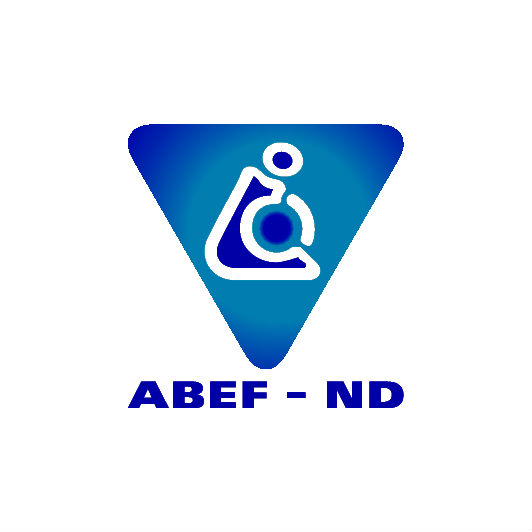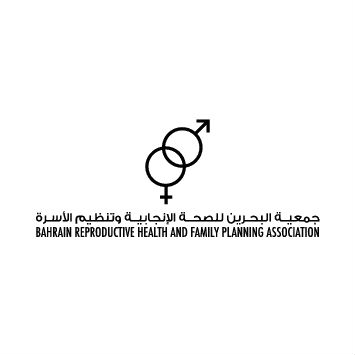

| 31 March 2016
Association pour le Bien-Etre Familial/Naissances Désirables
The Association de Bien-Etre Familial – Naissances Désirables (ABEF-ND) The Democratic Republic of Congo is vast: it is Africa’s second largest country and has nearly 68 million inhabitants. The sexual and reproductive health (SRH) challenges are correspondingly immense, with the country recording some of the poorest SRH statistics globally. The Association de Bien-Etre Familial – Naissances Désirables (ABEF-ND) was founded in 1977, and since then it has worked tirelessly to drive changes which will secure a better future for the country. ABEF-ND offers sexual and reproductive health (SRH) information, education and communication for young people. It offers HIV and AIDS prevention and management services, and community-based distribution of contraceptives. It also advocates strenuously around SRH issues with legislators and health professionals. As such, it’s central to shaping relevant national policies. It achieved this through static clinics, associated clinics and community-based distributors (CBDs) and community-based services (CBSs). ABEF-ND has a small number of staff who are backed by a large body of volunteers: together, they are determined to promote sexual and reproductive health and rights for all. ABEF-ND works in partnership with the Ministry of Health, and in the private sector with faith-based health facilities. Non-governmental organizations partners include Service Centrale d'Education à la Vie (SCEV), the Women’s Action Network (RAF), Radios for the Consolidation of Peace (RCP+), Amo Congo. Donors include Programme National de Lutte contre le Sida (PNLS), UNFPA, UNHCR and GTZ. It is a Member of the National Council of NGOs against AIDS.

| 31 March 2016
Bahrain Reproductive Health Association
The Bahrain Family Planning Association (BRHA) was founded in 1975, the organization has played a critical role in promoting reproductive health. Bahrain and in achieving government support to adopt necessary policies on reproductive health (RH) including the incorporation of (RH) into the school curriculum. BRHA receives support from the ministries of health, social development, labour, and education, and it partners closely with the upper and lower government house (the parliament and the Shoura Council). BRHA operates a highly successful telephone hotline service which provides counseling and advise on reproductive health to callers from both Bahrain and neighboring countries. The very particular needs and the constraints in Bahrain mean the BRHA is highly focused on advocacy and is limited in its capacity to deliver direct education (RH) services. However, it does run strong information, education and communication (IEC) programs (targeted towards young people and women) and extensive education and literacy initiatives which are particularly designed to reach out to all community groups.







